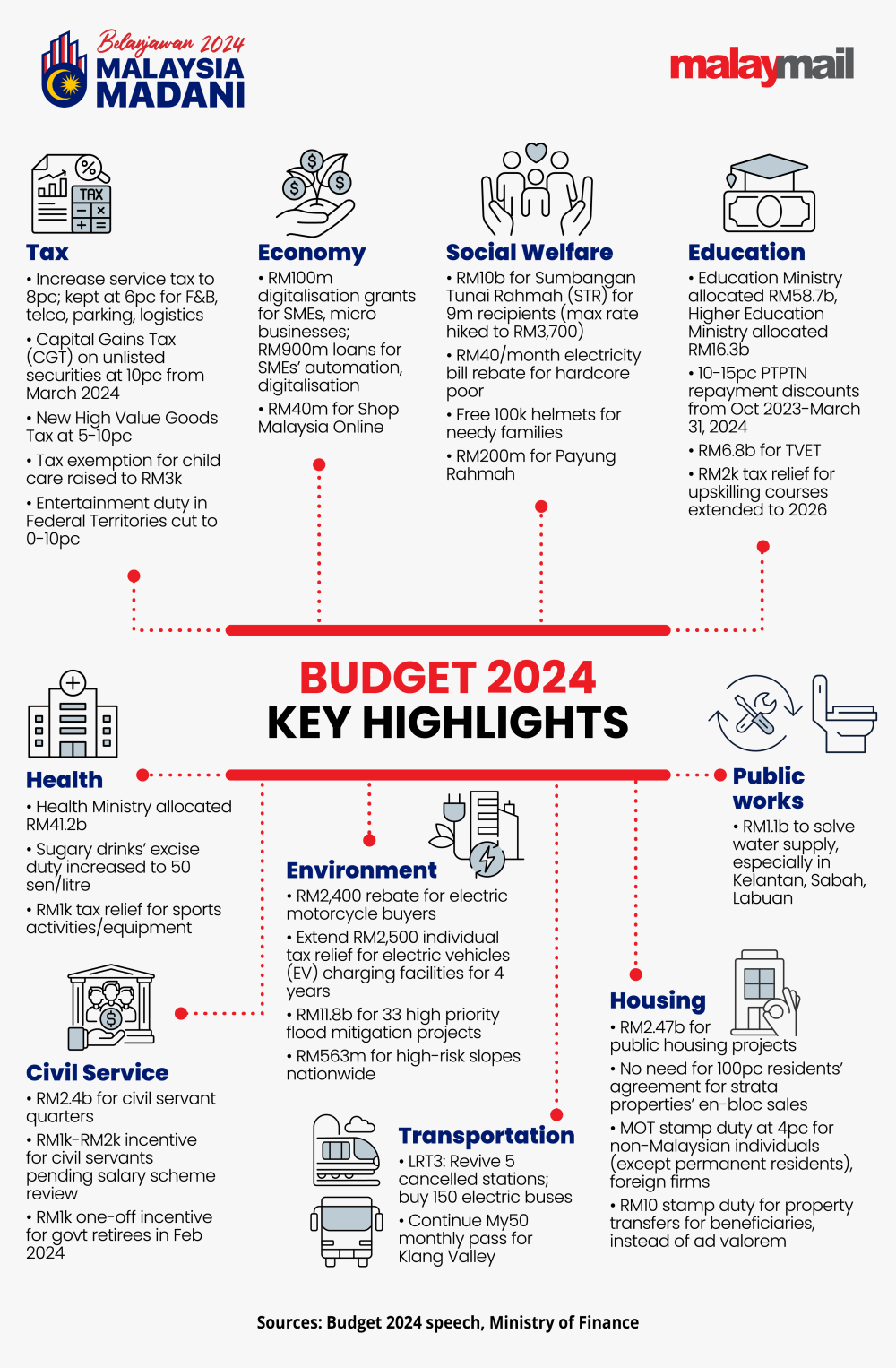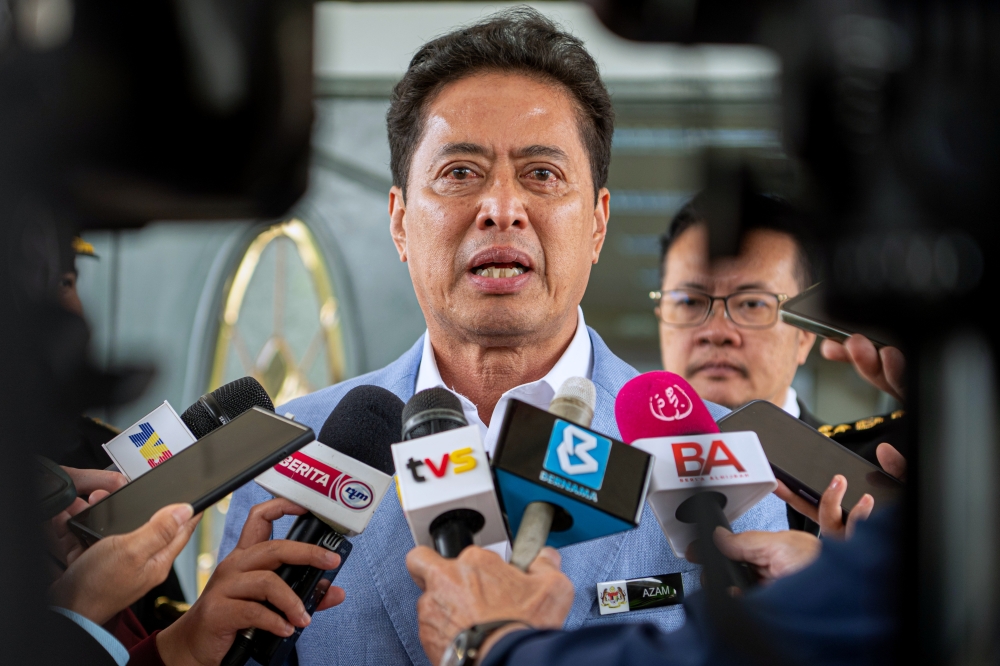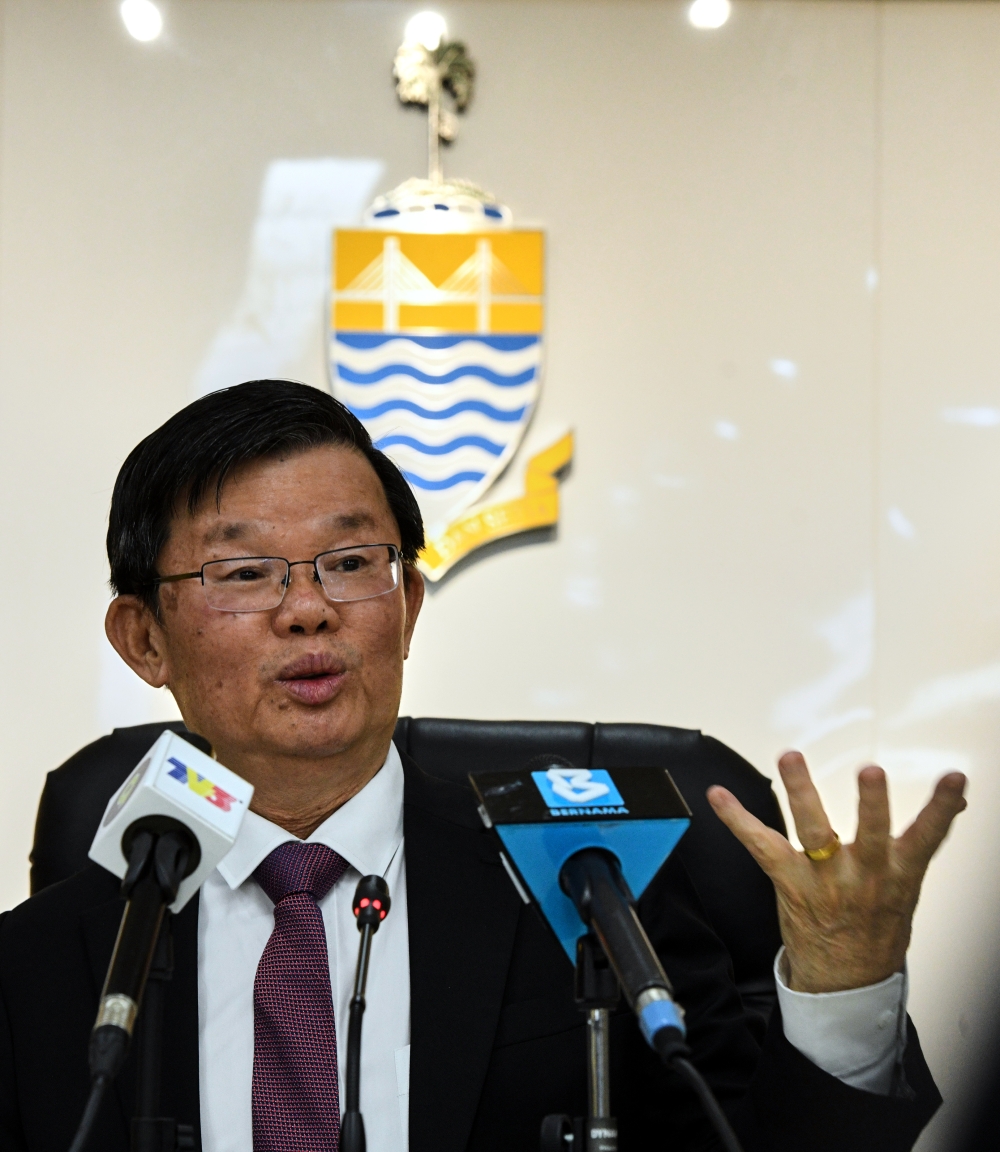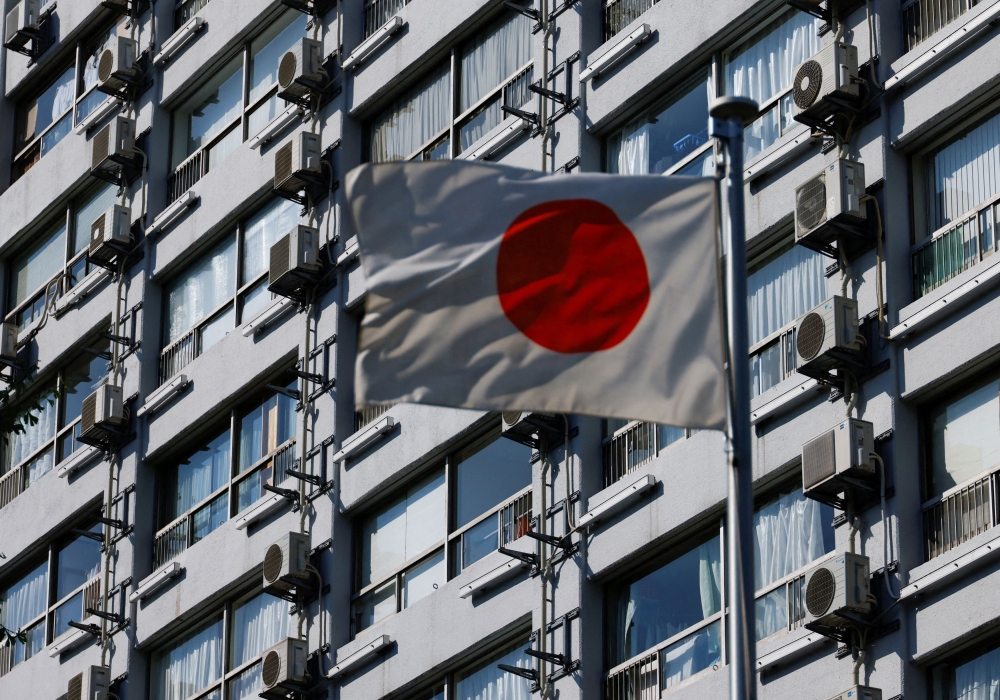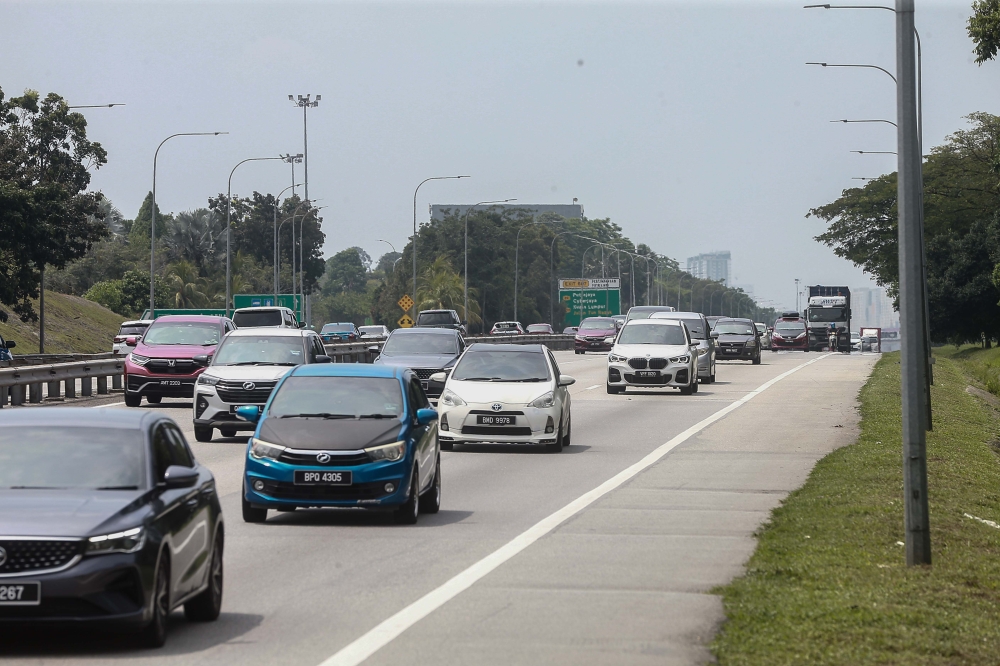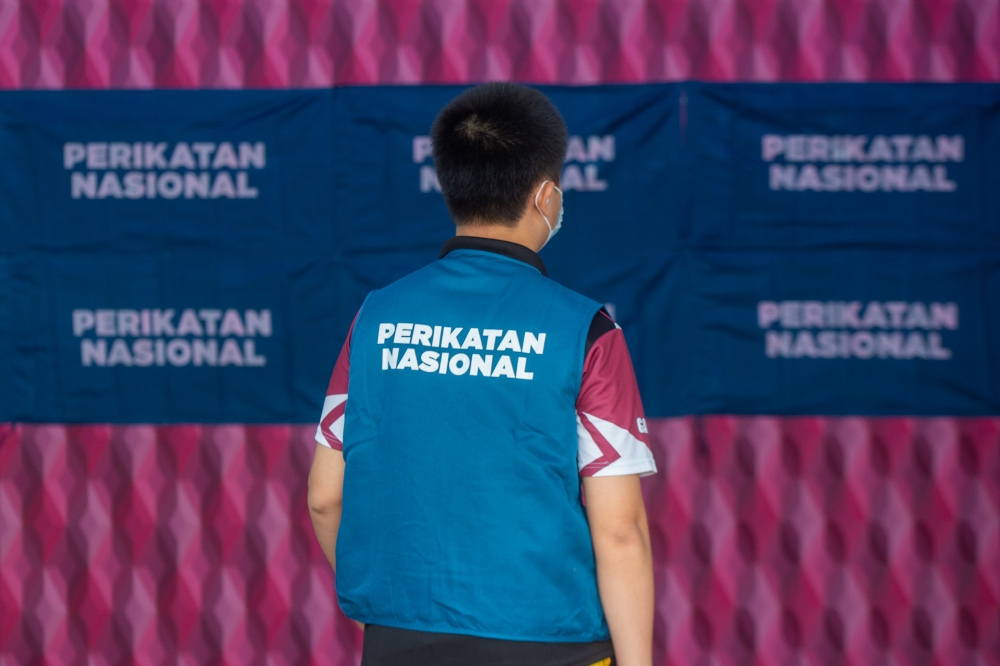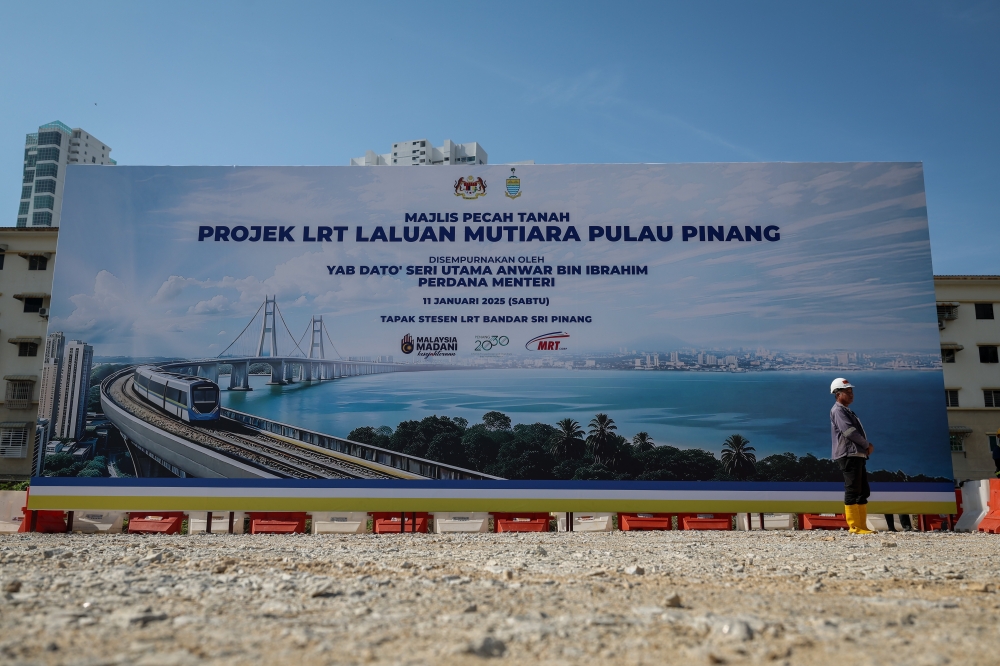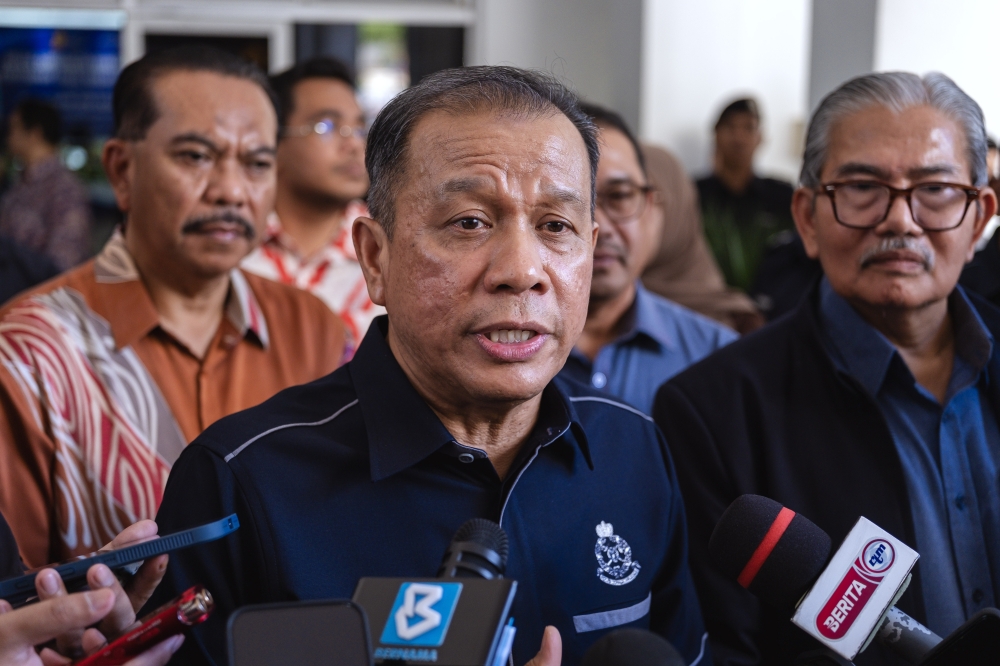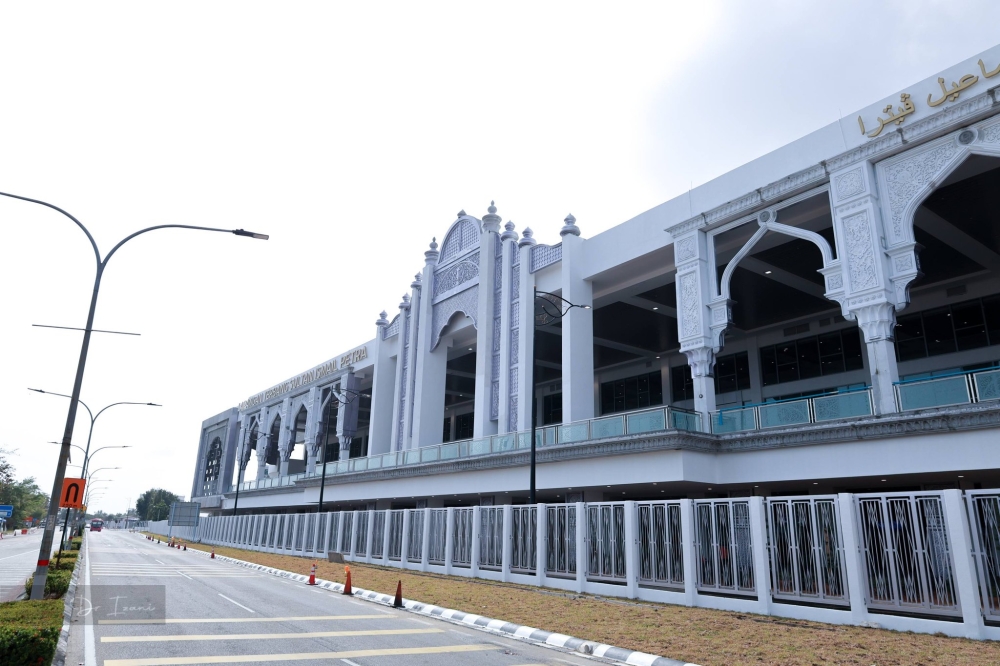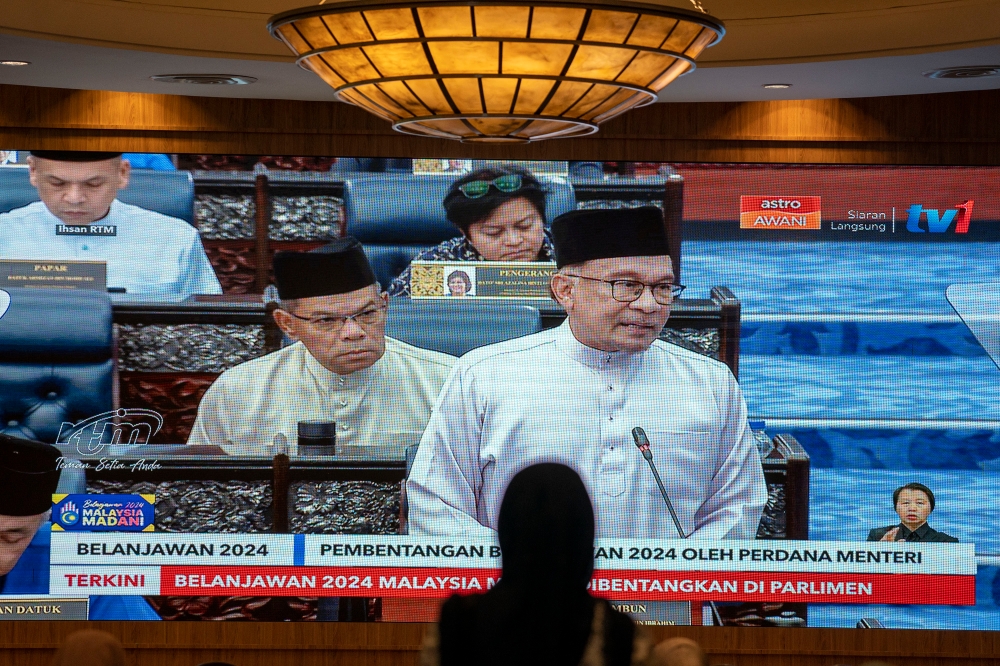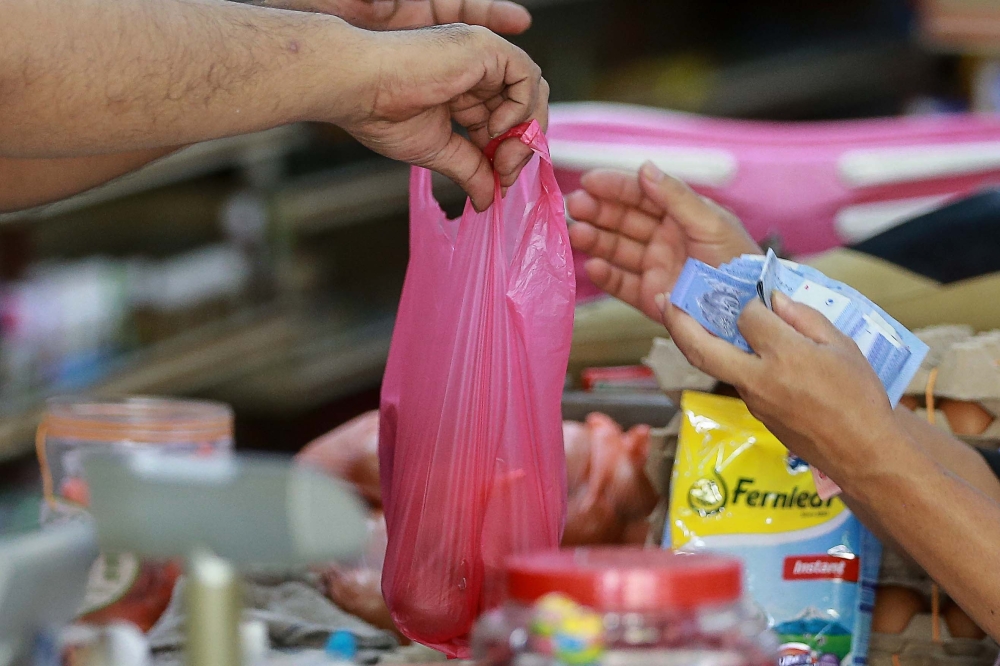KUALA LUMPUR, Oct 14 — The government's plan to increase the excise duty for sugary drinks to 50 sen per litre is a good move, the Malaysian Medical Association (MMA) has said.
The MMA, which is the association with the largest number of doctors in the country, referred to Prime Minister and Finance Minister Datuk Seri Anwar Ibrahim's Budget 2024 speech yesterday which announced plans to increase the excise duty from 40 sen per litre and with such tax collected to be channelled to treat diabetes and provide support to dialysis centres.
MMA president Dr Azizan Abdul Aziz said the government should also focus on tackling the growing numbers in Malaysia of people with non-communicable diseases (NCD) — which would include diseases that can be caused by unhealthy lifestyles such as diabetes.
“The increase in excise duty for sugary beverages is a step in the right direction to discourage high sugar consumption, however we hope there will be transparency in the amount channelled towards the treatment of diabetes and support for dialysis.
“Apart from discouraging high sugar consumption, the government should also encourage healthy lifestyle behaviour through policies to comprehensively address the issue of increasing cases of NCDs among the population,” she said in a statement.

As for the Madani Medical Scheme providing free healthcare at private clinics or private general practitioners (GPs) to lower-income Malaysians and which was first announced in Budget 2023, Anwar yesterday announced it would be expanded nationwide at RM100 million to cover 700,000 citizens.
While pleased to hear that the Madani Medical Scheme would be expanded, MMA expressed hope that it would also include NCD management "as it will encourage higher participation from the private GPs and as a result, significantly reduce overcrowding at public healthcare facilities".
“The well-distributed 13,000 private GPs can also improve access to health services under initiatives like the Madani Medical Scheme," she said.
While saying a number of good initiatives were included in the government's budget for health next year, MMA said its main concern is “human resource planning and development” which it said was not satisfactorily addressed in Budget 2024.
In the same statement, MMA also welcomed the substantial increase in the government's budget for health from RM36.3 billion this year to RM41.2 billion next year.
Commenting on Anwar's statement that the government is currently reviewing the salary and allowances scheme for civil servants which was last revised in 2012 and which is expected to be finalised at the end of next year, Dr Azizan said MMA is delighted to hear that the scheme for permanent staff which should include public healthcare workers will be finally reviewed after more than 10 years.
“In MMA’s statement issued recently, we had stated how important remuneration is as a motivating factor and as a means to retain the services of healthcare workers in the system,” she said.
Dr Azizan also said MMA hopes there will be more information on the government's plans to support the setting up of a Cancer Institute in Sarawak and its plans to equip the centre with the expertise needed “as this may involve long-term human resource planning and developing of specialists”.
“Apart from Sarawak, the northern region in peninsular Malaysia is also in need of a cancer institute. There are gaps in healthcare infrastructure in the northern peninsula that also need to be addressed,” she said, also urging the government to ensure transparency in the listing of the 400 dilapidated clinics that will be repaired.
Public policy research organisation Galen Centre for Health and Social Policy's chief executive Azrul Mohd Khalib said he was glad that the Budget 2024 proposed to increase excise duties on sugar-sweetened beverages, but said the tax collected from sugary drinks should focus on investing in preventing diseases in the first place instead of treating diseases.
“However, the revenue should instead be channelled to investing in improving health communications, preventive health interventions, and healthy breakfast programmes for school children as was originally intended when the tax was first imposed in 2019. We need to invest more in this area if we are to seriously commit to moving from sick care to health care.”
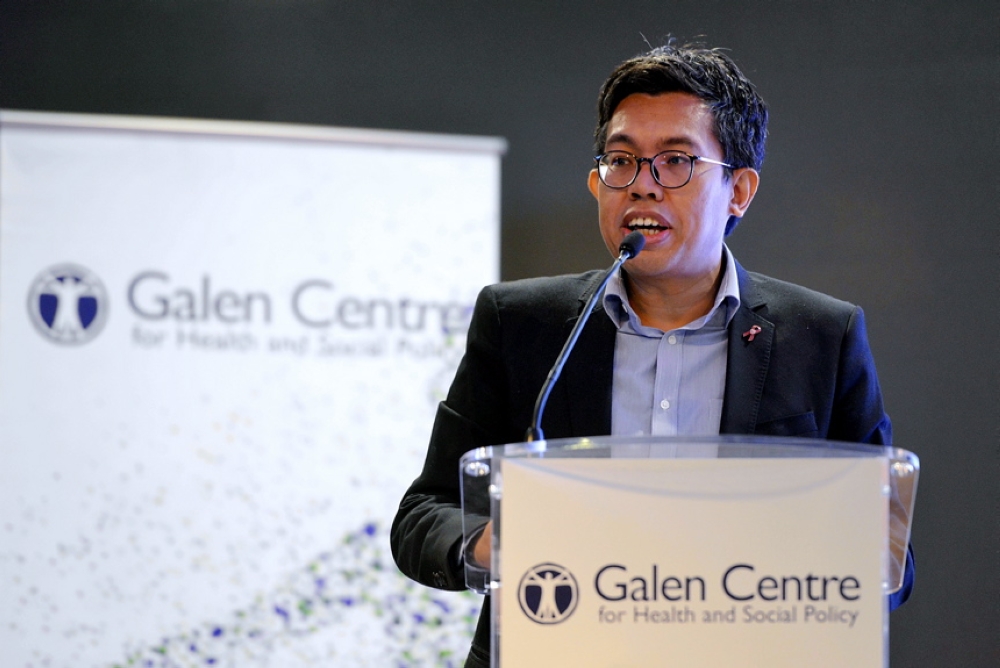
“Every year, nearly one million Malaysians fall sick, either with diabetes, hypertension, high cholesterol or various other diseases. We must want to keep people healthy. It is the only effective and sustainable way to manage non-communicable diseases and reduce the burden of care in the long run. With 3.9 million people living with diabetes and around 9,000 kidney patients annually newly registered and needing dialysis treatment, this budget and future editions will never be enough to meet the demand. We must do things differently,” he said in a statement last night.
Welcoming the RM100 million for the Madani Medical Scheme offering health care via private clinics, Azrul said the scheme could potentially be a “game changer” by reducing congestion at government clinics and hospitals, noting that Selangor and ProtectHealth had shown proven public-private partnership models similar to this scheme.
“By providing those who qualify to be enrolled in the scheme particularly those from lower-income households, with subsidised access to private general practitioners (GP) clinics at a national level, this scheme could significantly relieve the pressure and burden on congested Emergency departments at public hospitals across the country.
“However, based on the Selangor experience, I believe that RM 100 million is too low for such an ambitious coverage target. It should be twice the amount and given the necessary resources to succeed,” he said.
Noting that the proposed government budget for health of RM41.2 billion is the largest-ever increase over the past decade, Azrul said it shows how Malaysia needs increasingly more resources for its healthcare system.
“MOH will have RM35.2 billion for its operating expenditure and RM6.1 billion for development expenditure. Just three years ago, the total allocation for health under the 2020 budget was RM 30.84 billion. This demonstrates not only how rapid the increase has been in health expenditure, but also the increasing demands on Malaysia's healthcare system,” he said, noting that the RM41.2 billion health budget is now 10.5 per cent of the government's total RM393.8 billion proposed budget for next year.
“This strong and clear commitment by the Federal Government to improve Malaysia's healthcare delivery system can be seen in the hundreds of millions allocated to building and modernising clinics, hospitals, and replacing ageing and obsolete infrastructure,” he said.
But Azrul said what is less clear is how the government plans to tackle the problem of recruiting and retaining skilled healthcare workers (such as nurses, doctors, specialists) and preventing the public sector from losing these professionals to the private sector and other countries like Australia.
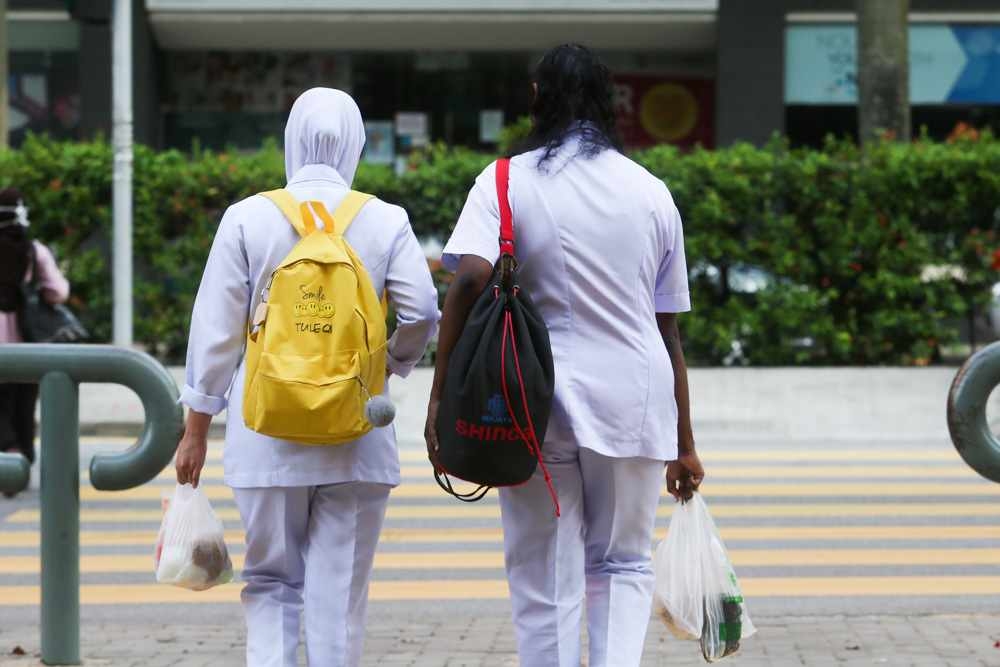
With Malaysia still falling short of its target to have one doctor for every 400 patients, Azrul said the Malaysian government should have demonstrated commitment to not only recruit new personnel but to also pay for the promotion of existing staff and increase salaries to support retention of these skilled healthcare workers but said "this was not made clear".
"Though the Health White Paper was mentioned, there was no indication of any commitment to addressing the issue of sustainable healthcare financing and investing in a sustainable long-term solution.
"In order to ensure that Malaysia's healthcare system is able to continue to provide quality, affordable and accessible health services for all in the decades to come and tackle the challenges of preventing and treating NCDs, of mental health and an ageing population, the government must commit itself to find a way forward on this question," Azrul said.
Separately, the Association of Private Hospitals president Datuk Dr Kuljit Singh said the RM41 billion allocated for health next year is “substantially good” and “shows that the government is serious and acknowledges the fact that healthcare costs have indeed increased similar to private healthcare, particularly private hospitals”.
“We hope this will help the citizens of this country to seek treatment quickly in government hospitals,” he said in a statement last night.
Anwar yesterday said the government plans to allocate RM200 million next year to outsource patients in government hospitals to other hospitals such as military hospitals, university hospitals and private hospitals, in order to continue to control congestion at government hospitals.
Dr Kuljit urged for the enabling of speedy treatment of patients through outsourcing.
“We from private hospitals are happy to assist the government in the outsourcing budget from public to private, but it has to be expedited immediately as there are patients waiting to be treated as we speak. Methodology must be seamless so that public patients can be quickly treated in private hospitals only after the public healthcare capacity is exhausted.
“The budget must help the patients immediately and not wait for new healthcare facilities to be built, which will be for the long-term solution. At this point, sharing resources between public and private will be the right way. Our hope is that private healthcare is allowed to practice without too much cost containment to allow sustainability as there will be options for patients to seek care from public hospitals with this increased allocation of budget,” he said.
